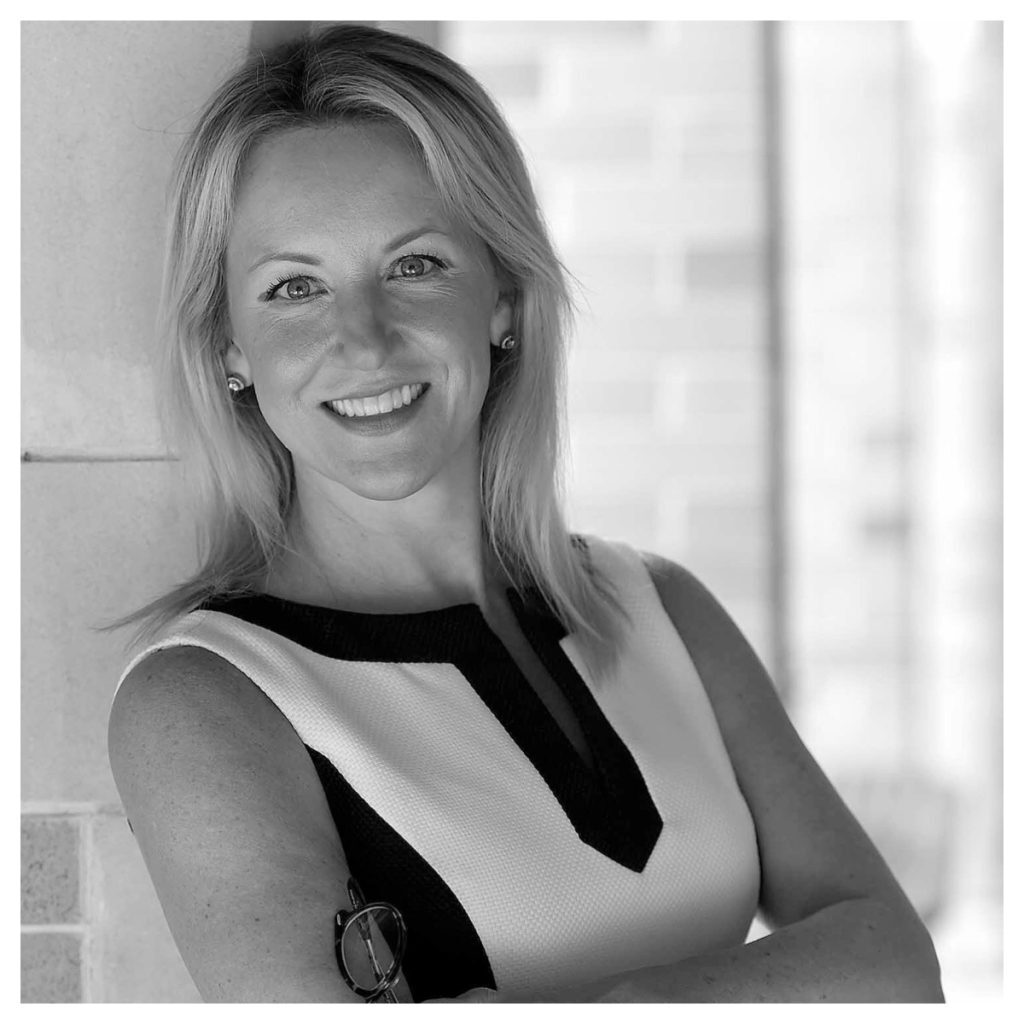Remember when you were pregnant with all the hopes and dreams you had for the child you had yet to meet? I remember listening to Beethoven with headphones on my belly, writing in my What to Expect When You Are Expecting journal, and making Spanish flashcards for my soon-to-be bilingual baby. I watched everything I ate and avoided sushi – which I loved. I waited for every fetal movement to tell me that my baby was having fun and growing. I saw tricycles, little league, and student body elections in my future. I was going to be the best parent ever.
How Did We Get Here?
I received lots of advice, but a woman whose children were teenagers at the time offered me an insight I will never forget. She said, “You better enjoy them now because this is the easiest it ever gets for parents. When they get to be teenagers, you will never know where they are, and all you do is worry.”
It was unimaginable that this was the easiest part. Those with teenagers know what the woman meant. Children do not come with instructions. So, we adapt our expectations, experiences, and knowledge to our child’s needs. It’s hard to know if you are doing it well.
In the blink of an eye, those babies we held so close are no longer in arm’s reach. They become teenagers, ones with their own minds, own choices, and own struggles.
One of the many challenges that arise during the teen years is the increase in risky behaviors. Because consequences inform how we make decisions as adults, parents may unintentionally initiate a rescue cycle when they fix every situation, anticipate struggle, and pave the way so that it is smooth for their children. Their efforts, however well-intentioned, often delay their children from becoming the adults they expect them to be.
Is There a Cost of Caring Too Much?
When things get out of control and “hit the fan,” money will soon follow. At first, it is the cost of replacing lost phones and clothing. Then, it is the cost of tuition for an unfinished semester, cars involved in accidents, and medical bills. Perhaps we cover the lost deposits and rent and offer investments in startup companies or other bailout measures, evolving to paying for lawyers and accountants. Sometimes, we pay for treatment.
Is it okay for parents to say they can’t do it anymore? And what about the parents who continue to see the potential in their child? What about the story of the kid who finally got it after the 12th treatment? Who’s to say when enough is enough? Indeed, most parents keep going until they have tried everything they can think to do. Perhaps they have given up and truly believe nothing will change.
What to Expect When You Expect Nothing to Work
One thing most parents struggle with is letting go, which is uncomfortable and probably the most unnatural thing a parent can imagine. What are some of the barriers to this step? Some parents can’t do it because they believe each time will be different. A repeated exercise in wishful thinking replacing hope based on demonstrated recovery.
Some parents can’t ask for help because they believe each time is magically different from the last time. A repeated exercise in wishful thinking replacing hope based on demonstrated recovery. Often parents have a remarkable way of observing and inflating even the slightest measure of success. Meanwhile, they downplay the significance of other signs of dysfunction. That is an adaptive style that helps them manage their anxiety. However, this effectively perpetuates the situation.
Sometimes, the parents themselves are in recovery. They project their own path of recovery onto their children with statements like, “Well, I quit ‘cold turkey,’ and they can too if they really want to.” Or they accept moderate use based on personal experience instead of medical science. They may tell themselves things such as, “I don’t see the harm in smoking weed if they are not drinking. I know a lot of folks who are professionals who smoke weed.”
Consider what your motivation may be for attempting to help. Avoid pain? Avoid embarrassment? Do you have a belief that something you will “do” might work eventually? Are you ready to do something different if it’s uncomfortable for you? Ask yourself a personal question: “Is my effort to help them or for me to no longer feel guilty?”
When you expect nothing to work, it is time to reach out to professional help for not only your child but yourself too.
No Regrets
Wherever you are – first, fifth, or 15th time – maybe the one thing you can do differently is to work with experts who have personal and professional experience helping loved ones get into recovery. There is always hope. Parents can influence their child’s choices, regardless of how old they are. Sometimes, parents don’t realize that they need help and support too. There is no “one way” to get a loved one to accept help. Clere Consulting understands families dealing with mental health and addiction and can support your efforts to achieve a different outcome. And you will find peace in the process without regret.
As a parent, it is your job to support your children. However, the line between support and enablement is sometimes blurred. A parent-child relationship can be complicated enough, but what happens when your child begins struggling with mental health or addiction? As parents, we must draw the line between what we will and will not support. Children struggling need love, compassion, and support, but sometimes doing that means cutting particular financial or other ties. You can help your child in their addiction recovery by attending 12-Step meetings, trying family therapy, or learning from the experiences of others. By creating boundaries and developing mutual respect, you will find that a life of recovery can also mean an improved relationship between you and your child. To learn about Clere Consulting and how we can help your family thrive, call us at (866) 384-8847.



